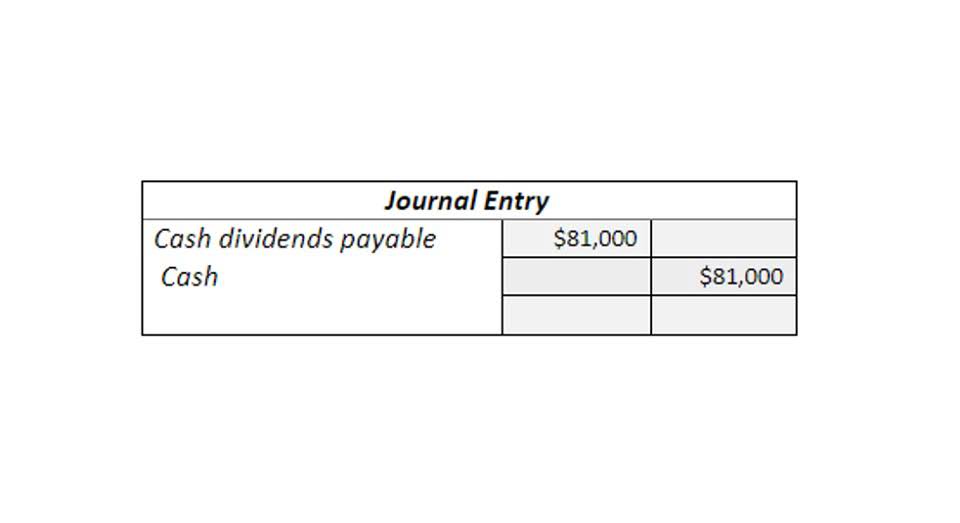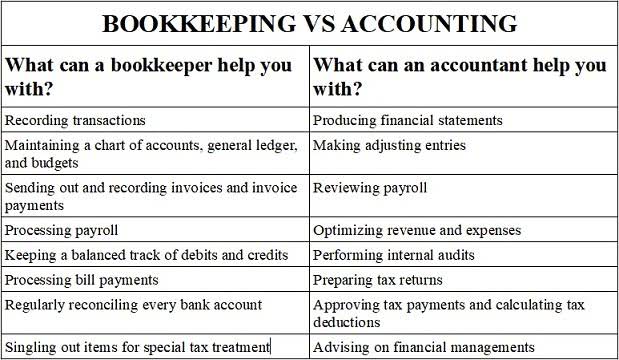
These websites often have dedicated sections or pages for consulting services and provide information about their partner network. Another approach is to seek independent ERP consultants who specialize in manufacturing ERP implementations. These consultants typically have experience working with multiple ERP systems and can provide unbiased advice and assistance tailored specifically to manufacturing businesses. Finally, utilising manufacturing software can provide excellent results when it comes to cost savings through improved insight into the production process. With better visibility into all aspects of production, businesses can identify areas where costs could be cut or minimized without sacrificing quality or efficiency. Manufacturing businesses often have high fixed costs due to their large amount of inventory and equipment investments.
6.3 Setting Processing Options for Variance Journal Entries (R
But regardless of the method, manufacturers must ensure WIP is updated regularly and reflects real-time production activity. Failure to do so can distort profitability https://www.bookstime.com/articles/purchase-order-vs-invoice and lead to misinformed pricing and investment decisions. Manufacturing accounting requires meticulous tracking of three primary cost categories that together determine the true cost of goods sold. Understanding each component is essential for accurate financial reporting and strategic decision-making.

Manufacturing Overhead Allocation – A Closer Look at Manufacturing Overhead
Thus, the system does not enable you to edit a record that has been locked by a different user or application. If you use project accounting, you complete top-level items to project inventory accounts. However, when you need inventory for sales orders, the system searches general inventory accounts, not project accounts. These tools support real-time tracking of inventory levels, movements and usage so you can ensure your inventory records (and your overall manufacturing accounting records) are always up to date. ERP consultants and partners for manufacturing ERP implementation can be found through various avenues.

6.1.1 Variances by Work Center
- For executives and owners of mid-sized manufacturing companies, understanding these fundamentals isn’t optional—it’s a prerequisite to your success.
- Companies can stay ahead in the competitive manufacturing landscape with the right practices and systems.
- Implementing manufacturing accounting systems, especially those designed for discrete manufacturing, is like automating the ship’s course, allowing for a more efficient journey.
- By following these practices, businesses in manufacturing accounting in the Philippines can strengthen financial oversight, enhance operational efficiency, and ensure long-term success.
- Manufacturers should analyze cash flow statements to understand their cash conversion cycle, monitor free cash flow generation, plan for seasonal variations, and identify opportunities for improvement.
- Foster a company culture where all employees understand the importance of accurate financial data and responsible spending.
Lastly, fostering collaboration between accounting and production teams can lead to more accurate financial forecasting. When both departments work together, they can align financial goals with operational capabilities, ensuring that the manufacturing process is both cost-effective and aligned with the companyâ?? The cash flow statement is a vital financial document for manufacturing companies, as bookkeeping it provides insights into the cash inflows and outflows over a specific period. This statement helps stakeholders understand how well a company generates cash to fund its operations, pay debts, and invest in growth.
Tax Compliance and Planning

Additionally, establish clear criteria for expected ROI, factoring in both short-term and long-term gains. Firstly, accurate and up-to-date inventory data allows manufacturing organizations to avoid stockouts and overstocking situations. By maintaining optimal inventory levels, businesses can ensure that they have enough stock to meet customer demands and avoid costly production disruptions.
7.1 Understanding General Ledger Batches

This level of financial insight is vital for maintaining competitiveness in a rapidly evolving market. One common costing method is job order costing, which is used when products are made based on specific customer orders. This method tracks costs for each individual job, allowing manufacturers to assess profitability and allocate resources effectively. Job order costing is particularly beneficial in industries where products are customized or produced in small batches. Lastly, budgeting and variance analysis are crucial for manufacturing firms to manage financial resources effectively. A well-structured budget helps in planning for future production needs and allocating resources efficiently.
- Doing so ensures your business takes a proactive approach to ensuring profitability, enabling you to adjust pricing strategies in response to changing overhead rates.
- While service companies focus primarily on labor costs and time, manufacturers must navigate the intricate world of inventory valuation, material costs, and production efficiency––plus labor costs and time.
- It provides a clearer picture than the income statement alone, as it reveals actual cash movements rather than just accounting profits.
- Within just 60 days, we can identify profitability boosters for your manufacturing company and set you on a path to rapid growth.
- This guide will cover the basics of manufacturing accounting and how it can help your business succeed.
2.7 Outside Operations
Stay updated with technological advancements, industry trends, and best practices in manufacturing accounting. Features found in accounting software such as inventory management can manufacturing accounting process help you optimize the way you use inventory, such as providing alerts when your stock needs replenishing. You need to think beyond profit and loss to manufacturing costs such as the costs of materials, plus the cost to convert these materials into products. This method of costing is especially applicable to businesses that create similar products on a large scale. However, it also comes with numerous caveats such as the uniform maintenance of the set standard or the standard being too rigid and unrealistic when it comes to production.
- Since adding together direct costs is generally a straightforward affair, this mostly revolves around calculating the per-product share of indirect costs.
- By automating routine tasks, businesses can allocate resources more efficiently and focus on strategic growth.
- When you attach the parts list and routing either interactively or in batch, the system compares the frozen standard costs and the current costs, and updates the Production Cost table.
- He has been the CFO or controller of both small and medium sized companies and has run small businesses of his own.
- Effective use of financial data in production planning allows manufacturers to maximize efficiency, control labor costs, and ensure that working capital isn’t tied up in excess inventory.
Connect with a Warren Averett advisor today to receive tailored guidance and support in optimizing your accounting systems and controls, helping you to mitigate risks and maximize your financial potential. Satisfying performance obligations can happen either at a specific moment or over a period of time. For complex manufacturing operations, revenue recognition software can help simplify the process by defining rules to ensure your organization complies with ASC 606. These are some of the best cloud accounting systems for manufacturing, each with its own strengths and advantages. Understanding the specific needs and requirements of your manufacturing business will help you make an informed decision about which system is the best fit for you. Another benefit of utilizing manufacturing software is improved accuracy and quality control capabilities.

This includes raw materials, parts, and components – and also consumables like screws and adhesives. If you want to outsource the task of accounting for manufacturing business to experts, choose Accounts Junction. We are experts in manufacturing accounting and have worked for many manufacturing businesses. Our experts have successfully streamlined accounting aspects for manufacturing companies. Ensure compliance with accounting standards, such as Generally Accepted Accounting Principles (GAAP), International Financial Reporting Standards (IFRS), etc. Follow tax regulations related to cost allocation, inventory valuation, and financial disclosures.
